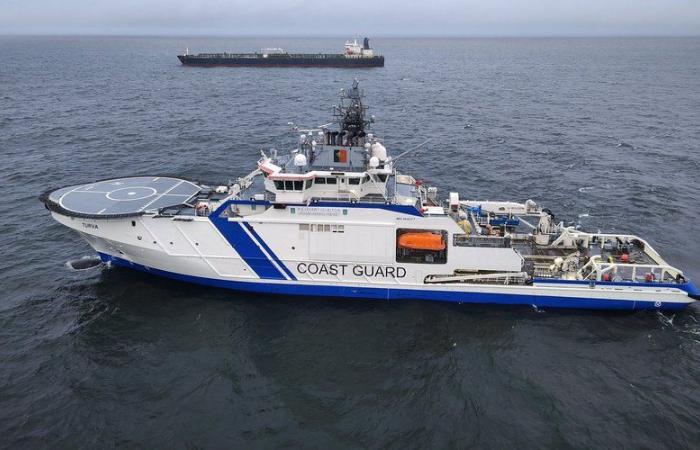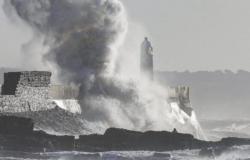
the essential
Finland is investigating possible sabotage of an undersea cable linking the country to Estonia, with suspicion falling on a Russian tanker. Céline Bayou, specialist in the Baltic States and teacher at INALCO, analyzes for The Dispatch the challenges of this “hybrid war” led by Moscow in the region.
A new incident which could be linked to the war in Ukraine is shaking the Baltic Sea. Finland has launched an investigation into “sabotage” following the damage to an underwater electrical cable connecting it to Estonia, detected on Wednesday December 25. Finnish authorities suspect a Russian tanker of being involved in this act of intimidation. Céline Bayou, expert on the Baltic States and lecturer at INALCO (National Institute of Oriental Languages and Civilizations) takes stock for The Dispatch on this “hybrid war” which pits the countries of this region against Russia.
Céline Bayou – C
What suspicions weigh on Russia regarding this new supposed sabotage?
Céline Bayou: There have been several similar cases in recent years in the region. There is a suspicious look towards Russia given the relations between the Baltics and Moscow. In addition, the intercepted ship is an oil tanker that left the port of Saint Petersburg on its way to Egypt. This Cook Islands-flagged vessel is strongly suspected of belonging to Putin's “ghost fleet”, used to circumvent sanctions on the export of Russian oil.
How can countries fight against this “ghost fleet” that slips through the cracks?
This fleet has existed for a long time but it became central for Russia from 2022 when the country began to be sanctioned. After this umpteenth supposed sabotage, it seems that the European Union (EU) is preparing sanctions against this fleet. However, this seems difficult to organize because the facts must be established through a very precise investigation.
Why are the Russians attacking cables in the Baltic Sea?
This sea is crisscrossed with cables: electrical, telecoms and obviously the famous Nordstream gas pipeline, sabotaged in September 2022. As it is a shallow sea, it is quite simple to reach these cables by leaving an anchor lying around. boat to damage them. There is probably a lot of tension at the moment because the Baltic countries have decided to disconnect from the Russian electricity network inherited from the Soviet period. This disconnection will take place next February and the countries of the region will emerge from this dependence. It is therefore possible that these supposed sabotages on the part of the Russians are not unrelated.
How can the Baltic countries fight against this sabotage?
The countries want to strengthen cooperation between them to put in place better surveillance of ships sailing on the Baltic Sea. But if regional cooperation exists, collaboration on a larger scale must emerge and this could happen through the EU, which is increasingly present on the issue.
Should we fear an escalation of tensions in the region?
The intercepted Russian tanker was boarded by Finnish authorities and this is a much stronger response than in previous incidents. We cannot yet speak of escalation but it is clear that the countries of the region are now raising their voices against Russia.





